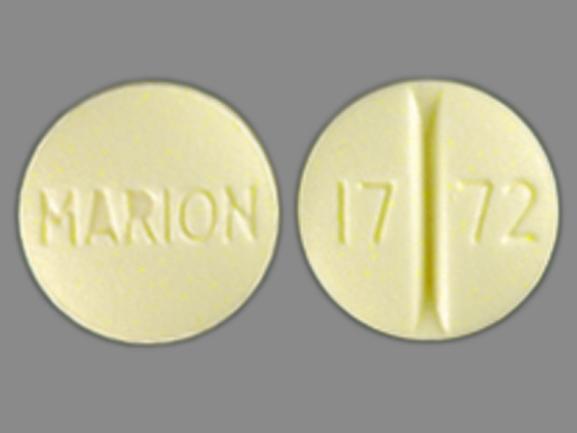Cardizem Dosage
Generic name: DILTIAZEM HYDROCHLORIDE 30mg
Dosage form: tablet, coated
Drug classes: Calcium channel blockers, Group IV antiarrhythmics
Medically reviewed by Drugs.com. Last updated on Apr 30, 2025.
Exertional Angina Pectoris Due to Atherosclerotic Coronary Artery Disease or Angina Pectoris at Rest Due to Coronary Artery Spasm:Dosage must be adjusted to each patient’s needs. Starting with 30 mg four times daily, before meals and at bedtime, dosage should be increased gradually (given in divided doses three or four times daily) at 1- to 2-day intervals until optimum response is obtained. Although individual patients may respond to any dosage level, the average optimum dosage range appears to be 180 to 360 mg/day. There are no available data concerning dosage requirements in patients with impaired renal or hepatic function. If the drug must be used in such patients, titration should be carried out with particular caution.
Concomitant Use with Other Cardiovascular Agents
- Sublingual NTGmay be taken as required to abort acute anginal attacks during CARDIZEM (diltiazem hydrochloride) therapy.
- Prophylactic Nitrate Therapy.CARDIZEM may be safely coadministered with short- and long-acting nitrates, but there have been no controlled studies to evaluate the antianginal effectiveness of this combination.
- Beta-blockers.(see WARNINGSand PRECAUTIONS. )
- 30 mg – CARDIZEM tablets may be swallowed whole, crushed, or chewed. Do not split CARDIZEM tablets.
- 60 mg, 90 mg, and 120 mg – CARDIZEM tablets may be swallowed whole, crushed, or chewed.
More about Cardizem (diltiazem)
- Check interactions
- Compare alternatives
- Pricing & coupons
- Reviews (13)
- Drug images
- Side effects
- During pregnancy
- Generic availability
- Drug class: calcium channel blockers
- Breastfeeding
- En español
Patient resources
Other brands
Cartia XT, Dilt-XR, Tiazac, Matzim LA, ... +4 more
Professional resources
Other brands
Cartia XT, Tiadylt ER, Dilt-XR, Tiazac, ... +3 more
Other formulations
Related treatment guides
See also:
Further information
Always consult your healthcare provider to ensure the information displayed on this page applies to your personal circumstances.


